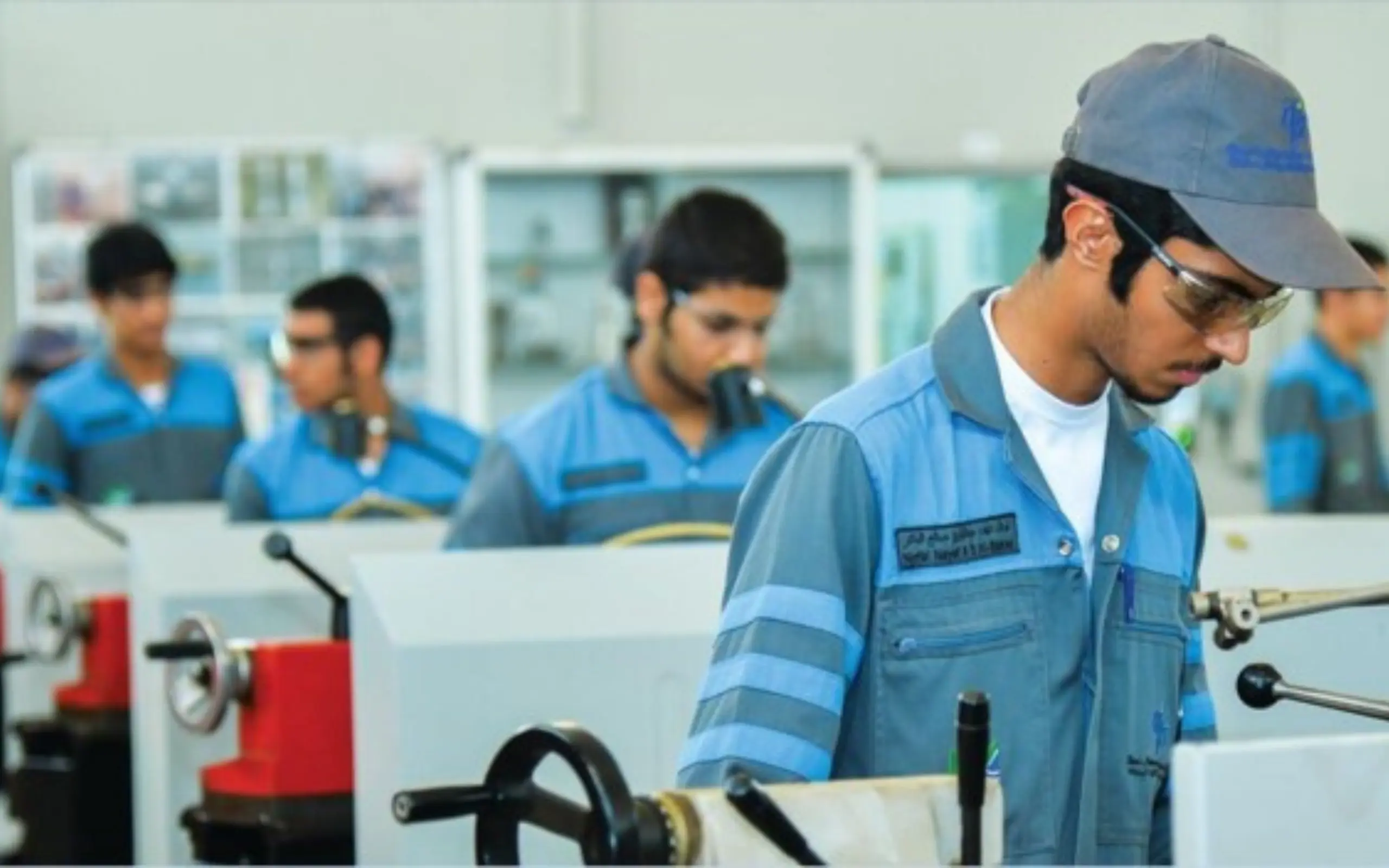
By Tariq Chauhan, Group CEO of EFS Facilities Services Group
The world looks at India as a nation with abundant resources. It is not just its economy, powered by 1.4 billion people or geopolitical emergence, but its human resources.
India has always stood tall for its diversity and culture, fostered over a thousand years of its evolutionary history. Especially in today’s context, it is looked upon by the rest of the world for its influential human intellect.
India is one of the youngest countries in the world where approximately 65 per cent of the total population comes under the working age group.
The worldwide Indian diaspora represents the most vibrant community of professionals and entrepreneurs with diverse backgrounds, making their mark in their respective fields.
It is a known fact that the tech entrepreneurs in Silicon Valley have left an impeccable mark to set the irreversible boom in the tech world. Based on the most recent US Census Data, Indians emerged as the highest-earning ethnic group in the country with a household income of almost double the nationwide average.
Similarly, Indians in the Arabian Gulf built one of the most influential businesses and its professionals in other spheres too remain the most preferred workforce with an approximate share of 46 per cent of the total UAE workforce.
Their professional ethics and technical capabilities keep them ahead in local job markets. Indians globally are making waves in all spheres, not just confined to one field, but across a host of professional domains.
What is salient in this global recognition of the Indian diaspora is their personal and professional ethics. Indian intellectual capital is a force to reckon with.
I am sure the architects of the Indian nation in the very early stages realised this aspect and envisioned this evolving potential for Indians to educate themselves to rise in the future to rule the minds and hearts of people with their intellectual capital.
In today’s context, the world is at a crossroad, especially Europe and the Americas, as they are facing a serious skill deficit.
Indeed, factors such as demographic changes, a paradigm shift in job preferences, and the nature of employment in the west with fewer people preferring field jobs or more low-pressure jobs, have resulted in a glaring skill-set gap with an estimated shortage of approximately 30 million skilled resources in Europe alone.
India at present, adds approximately 12 million people every year to its working population and has the definite potential to fill this employment and skills gap.
India will have a surplus of around 47 million skilled workforces if the skill development programmes are taken up effectively. This is a great opportunity for India to meet the demand that will exist in the rest of the world, thus, allowing India to be truly the ‘Skills Capital of the world’.
In Europe, most field-related skills are in demand as this lacuna is seriously impacting their business continuity, productivity, and overall competitiveness of enterprises.
It is leading to severe business disruption across manufacturing, wholesale and retail, transportation, and healthcare sector. In reality, the skills shortage is becoming a global skill-set gap phenomenon, and India can offer the solution to this Herculean problem.
India has the potential to step up but has to keep its act in place to address this colossal problem. It is not ready yet and has to strengthen its upskilling infrastructure across its technical institutes as well as transform its vocational education across its vast chain of institutions.
It needs a robust governmental push to quickly align this opportunity by overhauling its upskilling policies. Its ministries and bodies, such as NSDC, need to repair their entire setup and machinery to become a leader in providing global talent and intellectual capital that a large part of the western world is needing.
Source: Khaleej Times